Additional Resources
Additional Resources
Course description
Where to start to innovate your teaching? But before that, what does it mean to innovate in the classroom? Designing Learning Innovation aims to put the designing culture at the service of learning innovation, supporting those who do not have a specific pedagogical background and those who wish to learn the basic tools of a good teaching design then to continue exploring the frontiers of innovation.
A set of logical and methodological tools to innovate teaching, finding the most suitable approaches with one’s own vision of the teaching-learning experience.
Total workload of the course: 30 hours
This MOOC is provided by Politecnico di Milano.
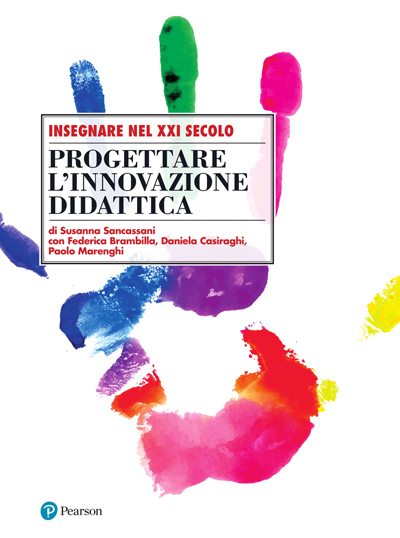
The MOOC is realized in a strongly integrated way with the book “Designing Learning Innovation” (2021) by Susanna Sancassani with Federica Brambilla, Daniela Casiraghi, Paolo Marenghi, Milan, Pearson. All the images from the book are published under the license CC BY 4.0 IT.![]()
Intended Learning Outcomes
By actively participating in this MOOC, you will achieve different intended learning outcomes (ILOs).
-
Use basic theoretical–methodological tools (such as Constructive Alignment and the Learning Innovation Network) to enhance teaching coherence between learning objectives, assessment methods and learning experiences
ESCO: instructional design models ESCO: learning needs analysis ESCO: use learning strategies ESCO: pedagogy -
Evaluate advantages and disadvantages, in the field of your own teachings, of traditional evaluation approaches compared to new assessment strategies, in particular those oriented to formative evaluation
ESCO: assessment processes ESCO: give constructive feedback ESCO: promote evaluation capacity development ESCO: prepare the assessment of prior learning -
Apply pedagogical frameworks of active learning to the design of an individual teaching module or an entire teaching path
ESCO: apply teaching strategies ESCO: prepare lesson content -
Apply simple strategies for managing the active class in small, medium and large classrooms
ESCO: conduct educational activities ESCO: perform classroom management ESCO: adapt teaching to student’s capabilities -
Design and produce quality teaching materials, enhancing the availability of “Open Educational Resources”
ESCO: manage resources for educational purposes ESCO: develop educational resources
Prerequisites
No prerequisite knowledge is required for this course.
The course is mainly for university teachers, but it can be stimulating for all the teachers who have an interest in innovating their teaching processes.
Activities
In addition to consulting the contents, in the form of videos and other web-based resources, you will also encounter different types of activities that will contribute to making your experience richer and more complete: anticipatory and reflection activities on the proposed contents, non-evaluated quizzes, forum discussions, peer evaluation, collaborative review of online resources.
The course aims to offer an opportunity for an active reflection and confrontation with other participants. The set of activities proposed finds its point of valorization and sharing in the Forum. Thanks to the Forum you will be able to confront with other participants, deepen some aspects and resolve any doubts.
Assessment
Your final grade for the course will be based on the results of your answers to the assessed quizzes. You have an unlimited number of attempts at each quiz, but you must wait 15 minutes before you can try again. You will have successfully completed the course if you score a total of 60% (or higher) in each of the assessed quizzes.
The maximum score possible for each quiz is given at the beginning of the quiz. You can view your score in the quiz on your last attempt or on the 'Grades' page.
Certificate
You can achieve a certificate in the form of an Open Badge for this course, if you obtain, at least, 60% of the total score in the graded quizzes and by filling in the final survey.
Once you have completed the required tasks, you will be able to access ‘Get the Open Badge’ and start issuing the badge. Instructions on how to access the badge will be sent to your e-mail address.
The Badge does not confer any academic credit, grade or degree.
Information about fees and access to materials
You can access the course completely online and absolutely free of charge.
Course faculty
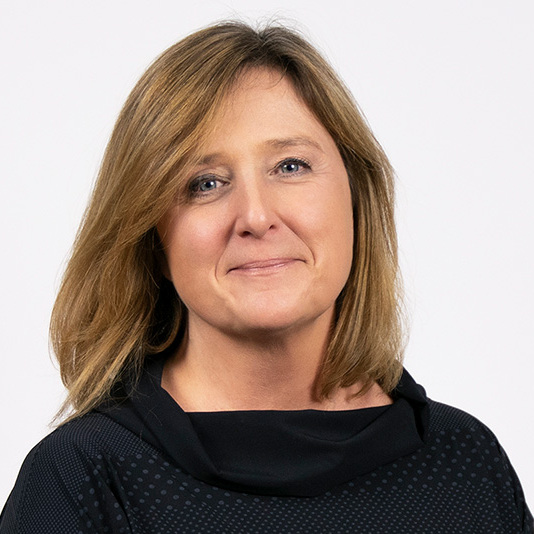
Susanna Sancassani
Teacher
Susanna Sancassani is the Managing director of METID (Methods and Innovative Technologies for Learning) at the Politecnico di Milano where she was professor in the PhD course of “Innovative teaching skills”, “Progettazione multimediale”, “Progettazione di servizi multimediali” and “Progettazione e sviluppo di corsi di e-learning”. She is a member of the scientific committee of SieL (Italian scientific society for e-learning) and coordinator of the table "Digital ecosystems for learning innovation" of CRUI. She is in charge of teacher training on learning innovation at the Politecnico di Milano. In collaboration with other colleagues at the Politecnico, has published “Costruire servizi digitali” (Milan, Apogeo, 2003) “Il bit e la tartaruga” (Milan Apogeo, 2004) and, with Federica Brambilla and Paolo Marenghi, “e-Collaboration: il senso della Rete” (Milan, Apogeo 2011).
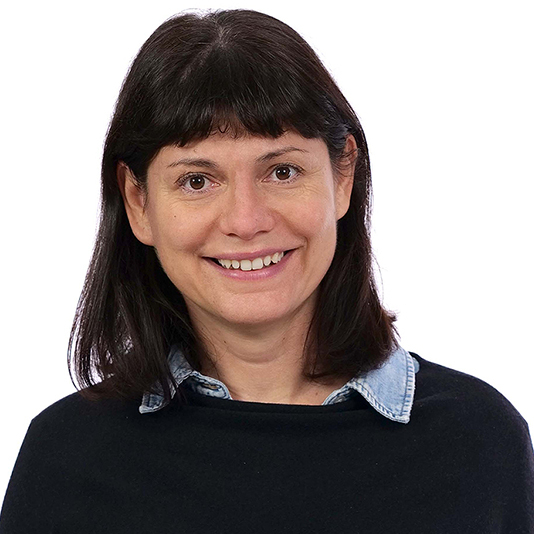
Federica Brambilla
Teacher
Federica Brambilla, graduated in Educational Sciences, she has worked in the field of traditional training and has been a teacher in the Laboratory “Costruzione e conduzione dell’intervista e del focus group” at the University of Milan Bicocca. She has been working at METID since 2004 first as coordinator of the educational area and then as program manager. She is mainly involved in the design of learning innovation in the university context.
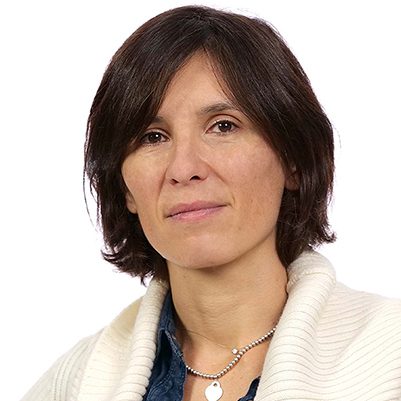
Daniela Casiraghi
Teacher
Daniela Casiraghi, graduated in Industrial Design, she has been working with METID since 2002 first as interaction and instructional designer and then as project manager. She is mainly involved in the design of learning didactic interventions in multidisciplinary and international contexts, with both public and private partnerships.
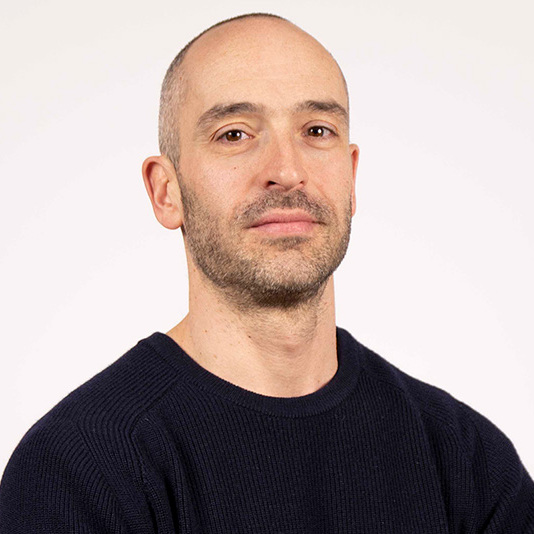
Paolo Marenghi
Teacher
Paolo Marenghi, graduated in Biomedical Engineering, he worked on computer aids and alternative hardware interfaces. He has been working at METID since 2001 first as content manager and then as Process Coordination Manager, taking care of the programming and management of the design and development activities for digital learning.
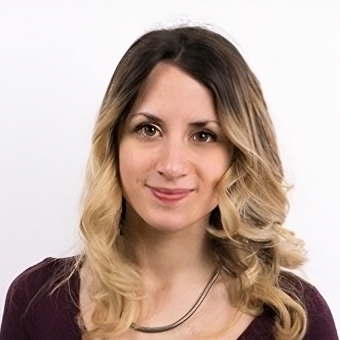
Valeria Baldoni
Instructional Designer
Valeria Baldoni, graduated in Communication Theory and Technology at the University of Milan Bicocca, she has been working with METID since 2016 and is mainly involved in visual design, editorial graphics, communication for learning innovation and lately also manages the production of MOOCs. In this MOOC she oversaw the design of the visual contents of the course and coordinated its realization.
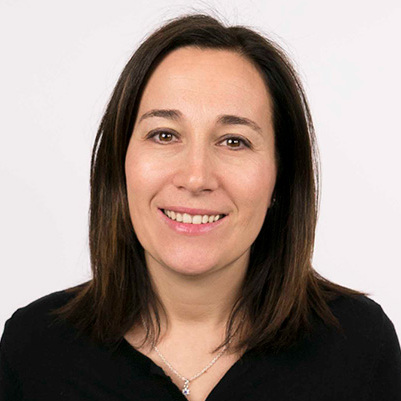
Nicoletta Trentinaglia
Instructional Designer
Nicoletta Trentinaglia, graduated in Educational Sciences, she has been working with METID since 2007 as Project Manager, dealing with innovative education projects, digital learning, e-collaboration and knowledge sharing both nationally and internationally. She oversaw the design of the course and coordinated its realization.
Course credits
Shooting, post-production, scenography: Daniele Albricci, Giorgio Bordiga, Luca Tantimonaco.
Coordinated graphics, diagrams and infographics: Valeria Baldoni, Bianca Santolini, Sara Sacchetto.
Platform and community management: Davide Mezzera, Valeria Baudo, Lia Navarotto.
Contact details
If you have any enquiries about the course or if you need technical assistance please contact pok@polimi.it. For further information, see FAQ page.